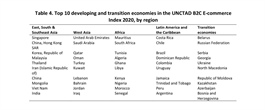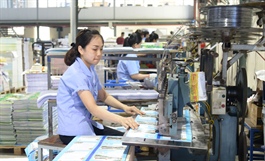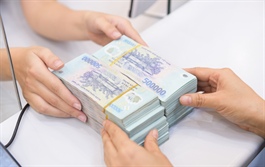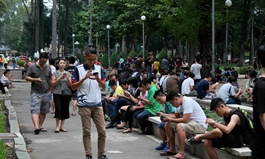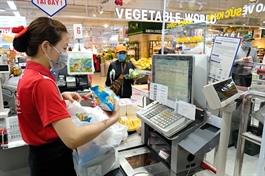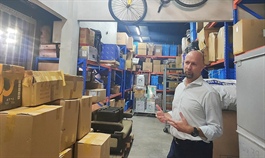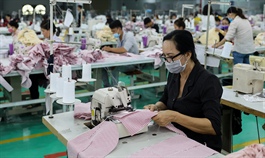Vietnam inflation predicted to rise to 3.5% in 2021
Vietnam inflation predicted to rise to 3.5% in 2021
Vietnam’s economy with high level of openness could be susceptible to rising inflation as a result of growing global commodity prices.
Rising global commodity prices could lead to the return of inflation in Vietnam with an estimated rate of 3.5% year-on-year in 2021, 0.3 percentage points higher than the 3.2% inflation rate last year, but remains below the 4% target set by the National Assembly, according to Viet Dragon Securities Company (VDSC).
However, given the Vietnamese government’s cautious approach in keeping inflation rate under control, it is likely that local authorities would “use appropriate measures to mitigate inflation risks, including tightening monetary policy,” stated the VDSC in a report.
Surge of global commodity prices
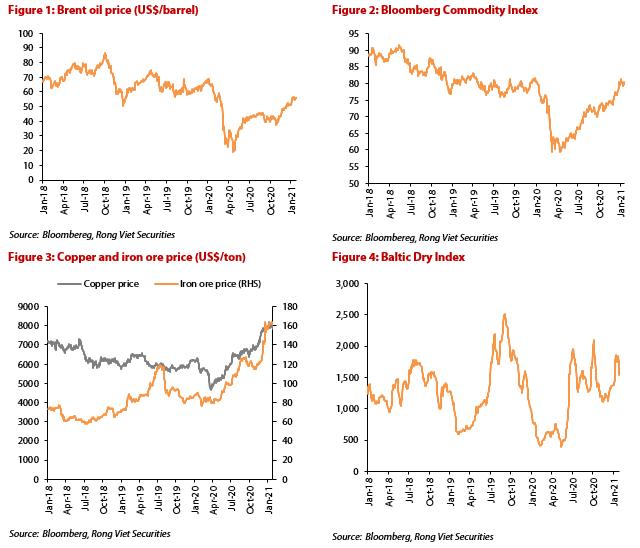
|
Since November 2020, Brent oil prices have been climbing steadily from US$39/barrel to US$56/barrel.
“There are some positive drivers for this bullish movement,” noted VDSC.
On the supply side, OPEC and its ally’s production cuts are expected to remain in place while US shale growth will be contained under the new Biden administration. Meanwhile, on the demand side, although oil demand has not recovered to pre-Covid levels, demand growth is building up and is expected to outpace supply growth. In addition, factors like low interest rates, continued fiscal stimulus spending and a weak US dollar are also attributed to an increase in oil prices.
Other commodity prices have been higher than at the start of 2020. For example, iron ore prices rose sharply in 2020 and are currently 86% higher than at the start of 2020, supported by lingering supply concerns and strong manufacturing activities in China.
Copper prices were also up 27% compared to levels at the start of 2020. The Baltic dry index, which tracks rates for capesize, panamax and supramax vessels, was up by about 8% year-to-date, and 35% higher than at the start of 2020, reflecting the recovery of global trade. The Bloomberg Commodity Index is also back to pre-Covid level, closing at 80 as of January 28, 2021.
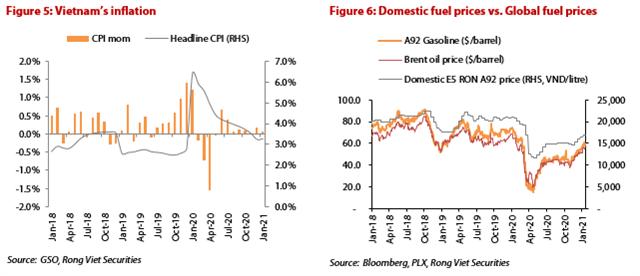
|
Rising inflationary pressure
In 2020, Vietnam’s consumer price index (CPI), a gauge of inflation, rose 3.2% against the previous year, which was below the target of 4.0% set by the government. The increase in CPI was primarily driven by rising food prices, which was up 3.5% year-on-year in 2020.
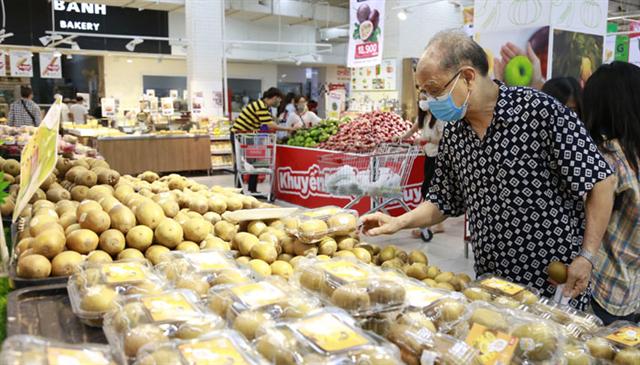
Customers shopping at Big C Thang Long. Photo: Thanh Hai
|
However, the inflation rate has fallen gradually since the start of 2020 thanks to a steep decline in fuel prices. Furthermore, the government’s support (i.e. lowering electricity prices) and decreasing demand for tourism also helped to keep inflation in check.
In January, inflation remained subdued as the CPI fell by almost 1.0% year-on-year. Falling inflation was mainly attributed to softer food and low fuel prices compared to the same period of last year. However, on a monthly basis, the CPI rose by nearly 0.1% compared to last December.
Prices of domestic fuels (petrol & gas) rose following global oil prices. The transport inflation index rose by 2.3% month-on-month, a second consecutive increase. In addition, as the Tet holiday is coming, consumer demand also increased, the food inflation index increased by 0.6% month-on-month, while the textile inflation index was up by 0.4%.
“It is important to note that the upward trend of prices was restrained by continued reduction in electricity costs and the use of petrol price stabilization fund,” stated the VDSC.
Prices of housing and construction materials dropped by 2.3% month-on-month due to the second support package from EVN (Electricity Vietnam), triggering a 16.9% decline in retail electricity prices. As of January 22, global petrol prices were up about 7.0% while domestic petrol prices only rose by 2.8% compared to the start of 2021.



